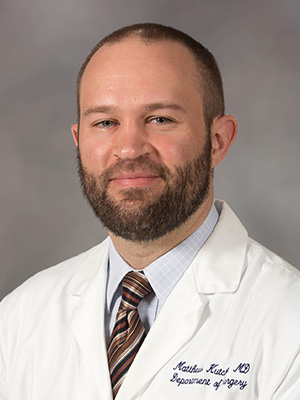UMMC’s April-June grants, awards surpass $35 million

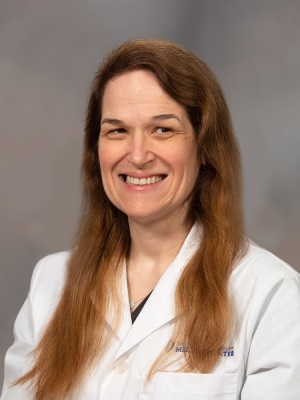
Dr. Sarah Glover, professor of medicine, received $1,622,918 and $594,200 for two industry-sponsored research agreements.
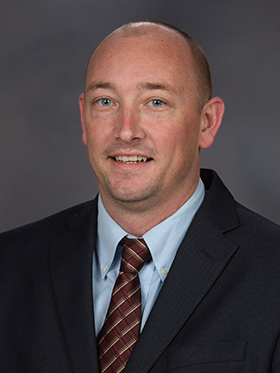
Dr. Joshua Speed, assistant professor of physiology and biophysics, received a five-year, $2 million grant from the National Institutes of Health for the project, “Endothelin-1 in obesity and insulin resistance.”
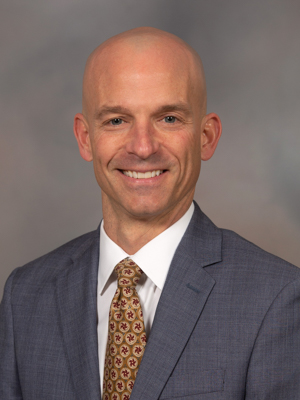
Dr. Alan Jones, associate vice chancellor for clinical affairs, received $868,960 from the United States Department of Agriculture for “The rural Mississippi TelEmergency enhancement project.”
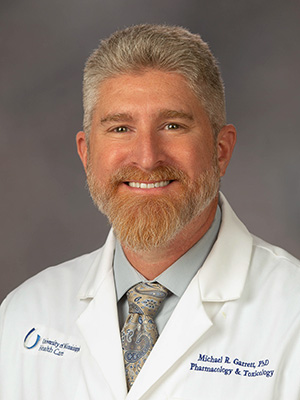
Dr. Michael Garrett, professor of pharmacology and toxicology, received $714,136 from the Centers for Disease Control and Prevention for the project, “Spatiotemporal sequence analysis of SARS-Co V-2 in Mississippi.”
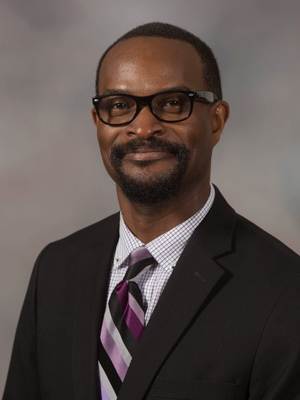
Dr. Mario Sims, chief science officer for the Jackson Heart Study, received 463,047 from the NIH and the University of Alabama for the project, “24-Hour activity cycles to optimize cognitive resilience to Alzheimer's disease in African Americans: the Jackson Heart Study” and $66,999 from the same institutions for the project, “Obesity Health Disparities Research Center.”
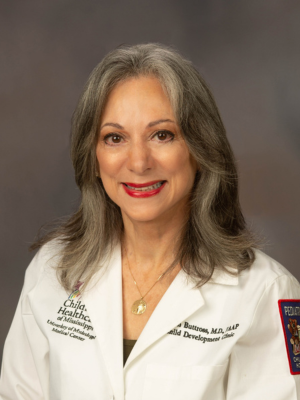
Dr. Susan Buttross, professor of pediatrics, received $450,000 from the Department of Education for the project, “ESSER behavioral Telehealth in schools.”
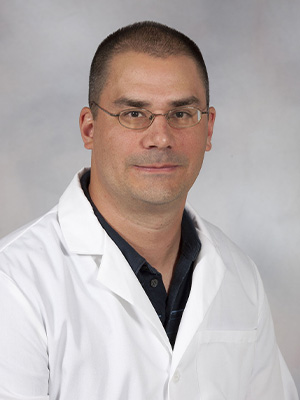
Dr. Ashley Robinson, professor of microbiology and immunology, received $410,833 from the U.S. Department of Health and Human Services and the Mississippi State Department of Health for the project, “Enhancing genomic surveillance of SARS-CoV-2 in Mississippi.”
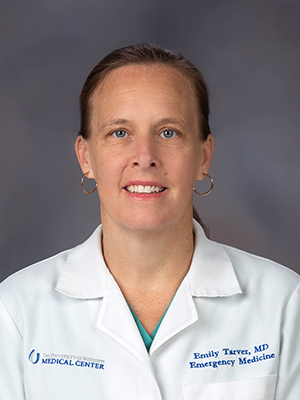
Dr. Emily Tarver, assistant professor of emergency medicine, received $410,000 from the Department of Education for the project, “Simulation Center Remote Learning Technology.”
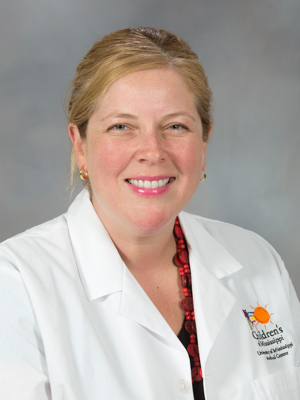
Dr. Charlotte Hobbs, professor of pediatrics, received $400,123 from the CDC and Boston Children’s Hospital for the project, “Risk factors and sequelae of multisystem inflammatory syndrome in children and COVID-19 vaccine effectiveness in the Overcoming COVID-19 Network.”
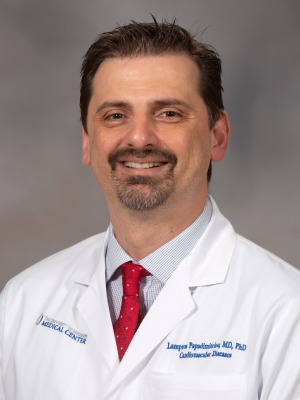
Dr. Lampros Papadimitriou, assistant professor of medicine, received $365,904 for an industry-sponsored research agreement.
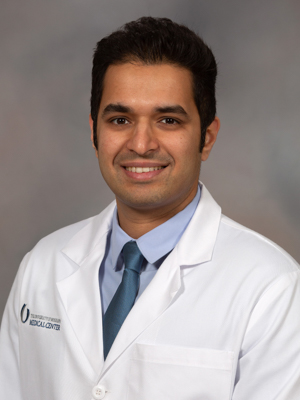
Dr. Ajinkya Desai, assistant professor of radiology, received $354,500 for an industry-sponsored research agreement.

Dr. Melissa McNaull, professor of pediatrics, received $283,332 for an industry-sponsored research agreement.
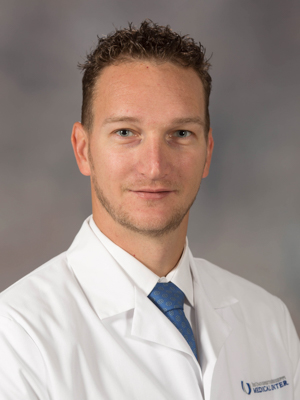
Dr. Michael Senitko, assistant professor of medicine, received 274,470 for an industry-sponsored research agreement.
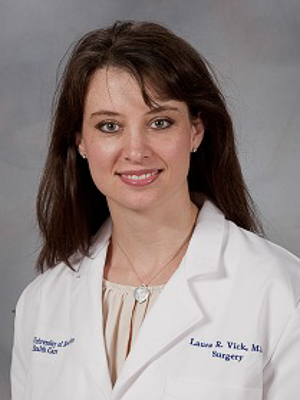
Dr. Laura Vick, associate professor of surgery, received $252,726 for an industry-sponsored research agreement.
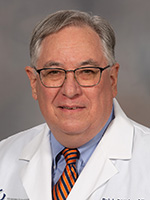
Dr. Ralph Didlake, associate vice chancellor for academic affairs, received $249,836 from the National Endowment for the Humanities for the project, “An investigation of the Mississippi Lunatic Asylum as history and memory.”
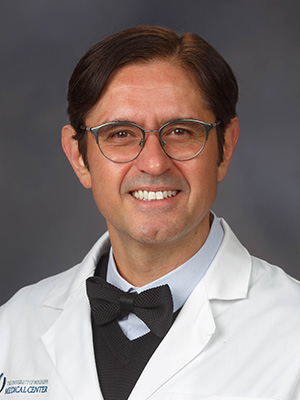
Dr. Jorge Vidal, associate professor of microbiology and immunology, received $246,625 from the NIH for the project “Hemoglobin-induced virulence in Streptococcus pneumoniae.”
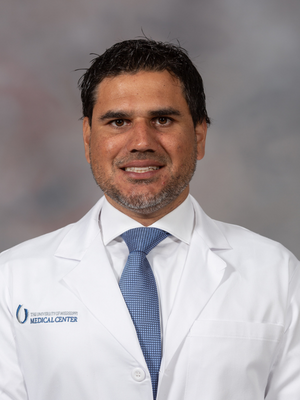
Dr. Gabriel Hernandez, assistant professor of medicine, received $245,798 from Vanderbilt University for the “DICTATE-AHF Study.”
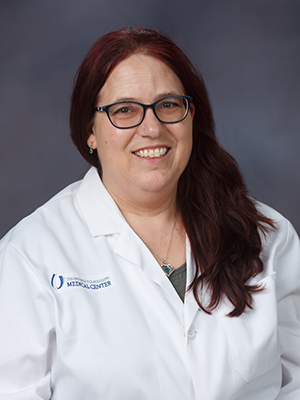
Dr. Daniela Ruedi-Bettschen, instructor of psychiatry and human behavior, received $232,500 from the NIH for the project, “Consequences of fentanyl self-administration during pregnancy.”
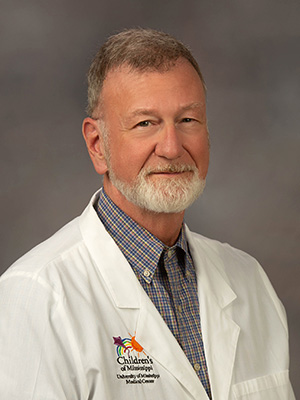
Dr. Joseph Majure, professor of pediatrics, received $200,300 from the NIH and University of Arkansas for the project, “Data Coordinating and Operations Center for the IDeA States Pediatric Clinical Trials Network.”
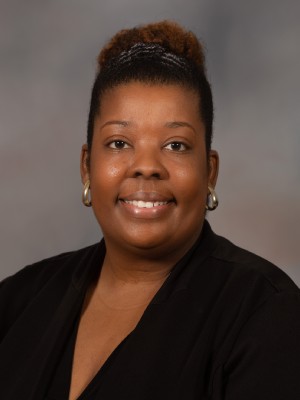
Dr. Lori Ward, assistant professor of population health science, received $110,779 from the NIH and Miriam Hospital for the project, “Exploring PrEP implementation strategies tailored for African American cisgender women living in Mississippi HIV hot spots” and $82,203 from the NIH and the University of Washington for the project, “Determining the effectiveness of a new model of PrEP initiation in Mississippi.”
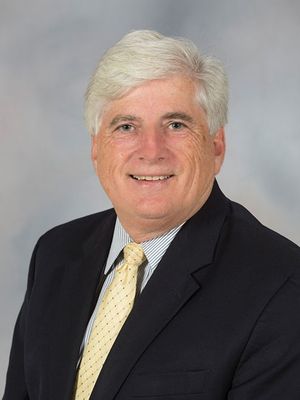
Dr. Joey Granger, dean of the School of Graduate Studies in the Health Sciences, received $166,004 from the NIH and University of Chicago for the project, “The prevention of postpartum cardiac dysfunction.”

Dr. Utsav Nandi, assistant professor of emergency medicine, received $113,000 from the DHHS and the University of California-Los Angeles for the project, “Preventing Emerging Infections through Vaccine EffectiveNess Testing-COVID (PREVENT).”
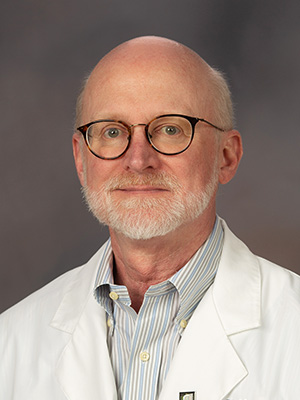
Dr. Thomas Mosley, director of The MIND Center, received $89,613 from the NIH and Massachusetts General Hospital for the project, “DISCOVERY: Determinants of incident stroke, cognitive outcomes and vascular effects on recovery.”
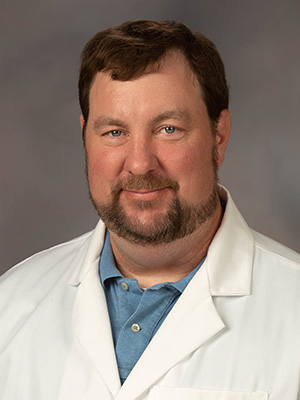
Dr. Scott Williamson, assistant professor of biomedical materials science, received $89,341 for an industry-sponsored research agreement.
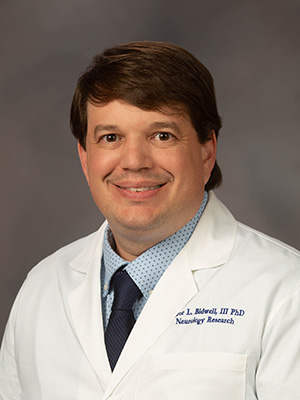
Dr. Lee Bidwell, associate professor of neurology, received $81,585 for an industry-sponsored research agreement.
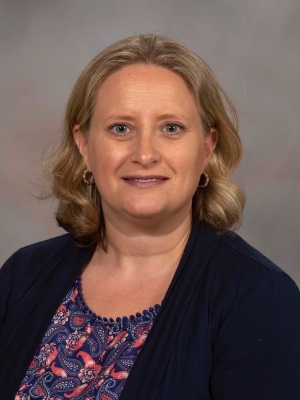
Dr. Crystal Lim, associate professor of psychiatry and human behavior, received $61,721 from the NIH and the University of Arkansas for the project, “Data Coordinating and Operations Center for the ECHO IDeA States Pediatric Clinical Trials Network.”
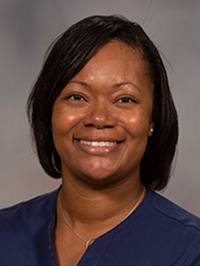
Jennifer Brumfield, clinical research nurse and PhD in nursing student, received $60,855 from the NIH and the University of Washington for the project, “Clinical Trials Network: Pacific Northwest Node.”
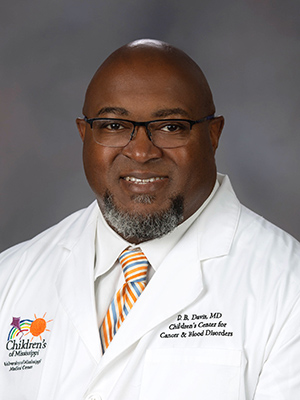
Dr. Dereck Davis, assistant professor of pediatrics, received $59,828 for an industry-sponsored research agreement.
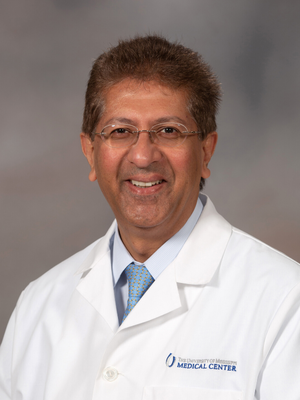
Dr. Tariq Shafi, professor of medicine, received $50,119 from the NIH and Duke University for the project, “Predictive analytics in hemodialysis: enabling precision care for patients with ESKD.”
